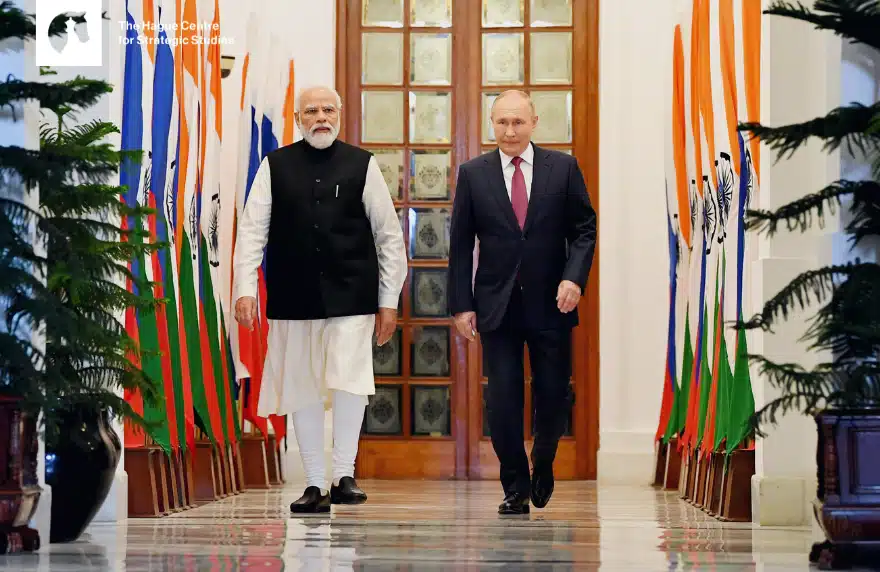CDA-Kamerlid Eddy van Hijum stelde naar aanleiding van het rapport van de Raad van Europa over Nederland: “De suggestie dat de Nederlandse politiek racistisch zou zijn herken ik niet”.
Het rapport houdt Nederland een spiegel voor en wat we zien bevalt ons niet, schreef ik vorige week. De natuurlijke reactie is dan het negeren van de feiten die volop in het rapport te vinden zijn. In zijn reactie stond Van Hijum niet alleen.
De Nationale Ombudsman Alex Brenninkmeijer beaamde in ‘Buitenhof’ dat Nederland populistisch en nationalistisch is geworden. Natuurlijk is dat het geval. We weten dat al jaren en ik vraag er op deze plek ook al jaren aandacht voor. Natuurlijk worden in Nederland hele bevolkingsgroepen weggezet.
De Raad meldt klachten over mensen die op grond van ras en huidskleur de toegang tot disco’s en bars werd geweigerd. De segregatie op de woningmarkt, vooral in de grote steden, en in het onderwijs is groot. Met een ‘rare’ naam krijg je moeilijk een baan.
Gepeperde uitspraken
En natuurlijk dragen populisten, met hun polariserende stijl van politiek bedrijven, een bijzondere verantwoordelijkheid. Helaas is het populisme in vrijwel alle fracties doorgedrongen. Kijk naar hun tweets. Sommige politici herkennen hun eigen populisme niet meer. Kijk ook naar de media, vooral de televisie. Je komt als politicus in het nieuws met gepeperde uitspraken, niet met een doorwrochte analyse.
De handigste manier van polariseren is het aanwijzen van zondebokken en het tegen elkaar opzetten van groepen. Beelden als een tsunami van islamisering, de vergelijking van de Koran met ‘Mein Kampf’ en de constatering dat er een strijd van moslims gaande is waartegen we ons moeten verdedigen, zijn bewuste pogingen tot polariseren.
Even gemakkelijk wordt van zondebok gewisseld. Dan zijn het weer de Brusselse bureaucraten, dan weer de Grieken, dan weer de grote graaiers en dan weer de Roma. En nationalisme en populisme zijn twee zijden van de dezelfde medaille.
‘Doorgedraaide eurofielen’
Inmiddels is een gepolariseerde, intolerante, feitenvrije maatschappij ontstaan die politici vooral op basis van beelden en door middel van mobilisatie sturen. PVV’er Fritsma vatte de strategie ooit goed samen: “We maken ze helemaal gek”.
Als ik zou zeggen dat ik in zo’n gepolariseerd en intolerant land niet wil leven, dan weet ik zeker dat ik op internet moet lezen dat ik inderdaad zo snel mogelijk moet vertrekken en dat er geen plaats is voor doorgedraaide eurofielen en moslimvrienden zoals ik.
In vrijwel alle democratieën is politiek bedrijven verworden tot belangenbehartiging van individuen en groepen. Het gaat om de mobilisatie van specifieke groepen tegen een vermeende misstand; niet om het verenigen van het electoraat rond een visie op Nederland.
Van oudsher maakte de politieke elite zich juist druk om het landsbelang. Van de burger kun je dat niet verwachten, maar als ook de politieke elite het op dit punt laat afweten en zich laat sturen door het verdeelde electoraat, weet je dat een land degenereert en dat instabiliteit dreigt. Dat is precies de reden waarom Amerika vorige week langs de afgrond scheerde. En dit is precies de reden waarom Nederland vrijwel onbestuurbaar is geworden.


